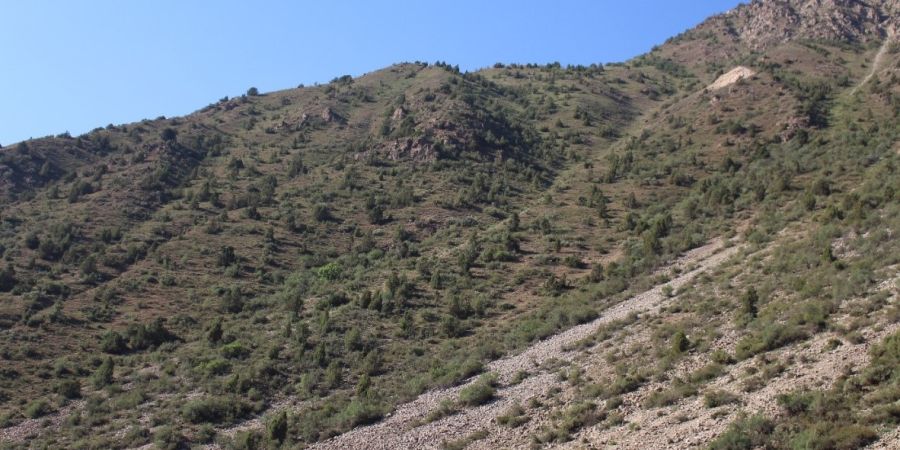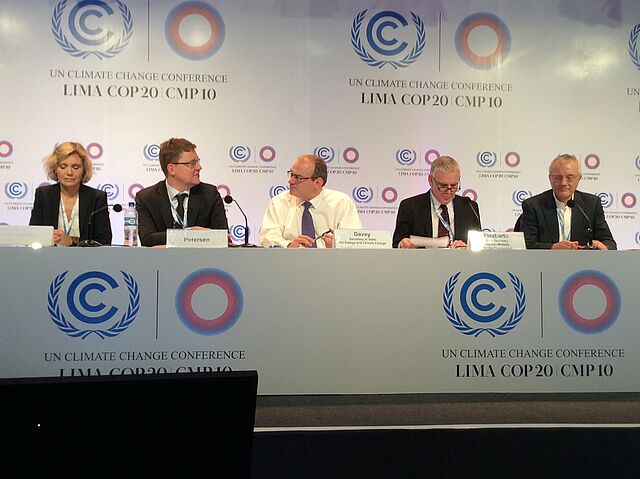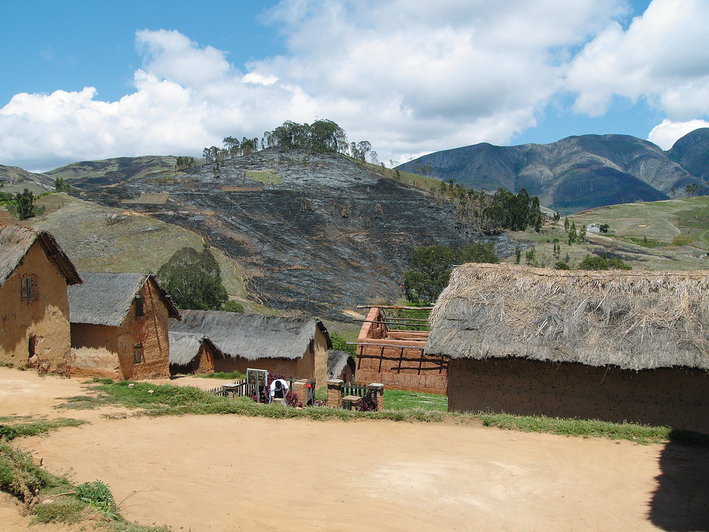
Background: Remaining mountainous forests in Tajikistan were heavily exploited for rural energy supply following the disintegration of the Soviet Union and a civil war between 1992 and 1997. This left the country with a forest cover of around two per cent in 2015 and threatened important ecosystem services. Recent reforms in the forestry sector have led Tajikistan to update its forestry legislation. However, many reforms were not being implemented due limited capacity and financial resources.
Approach to Transformational Change: The project goals included forest reforestation and rehabilitation through Joint Forest Management, conservation, and sustainable management, contributing to climate change mitigation. Its other goals were to maintain biodiversity, improve the livelihoods of local people and leverage public and private finance. An appraisal was conducted in 2016 over a period of 12 months.
Mitigation potential: The direct emission reduction target was 309,000 tCO2 until 2030.






